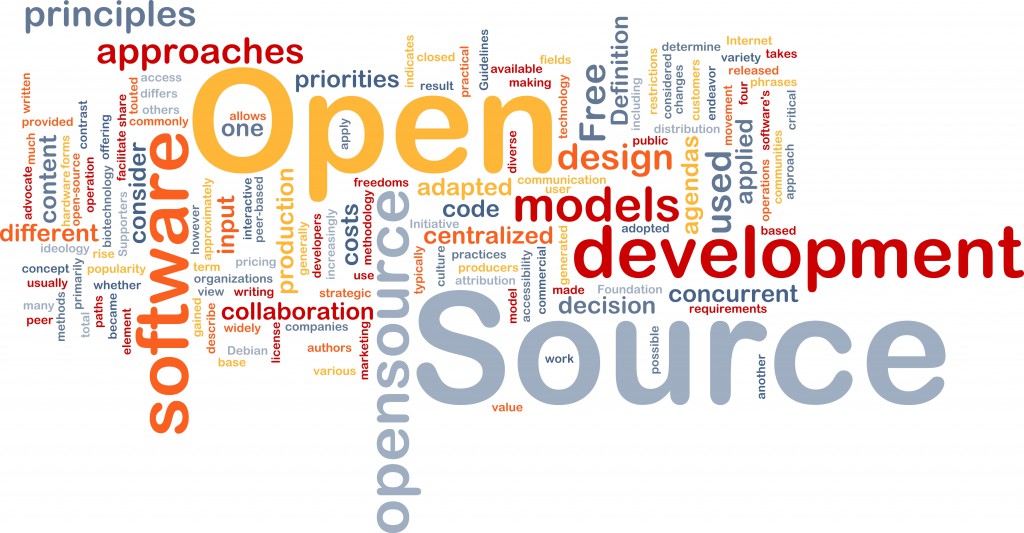When it comes to exploiting new software, we can advise on the most effective licensing and distribution models for your business and supply the necessary documentation.
We can advise software developers and owners on their rights and how best to protect them, from the initial drafting and negotiation of your project contracts through to the sale and marketing of the finished article.
At the development stage, confidentiality agreements and copyright law which might be used to protect code (software patents will be available only in very limited circumstances). In addition, questions of branding may be important at this stage so that later marketing is not impeded. A global approach in considering the intellectual property and commercial law aspects of a software project needs to be taken to ensure that it is fully protected at the earliest possible stage.
What is software? Is there a legal definition?
The scope of the term “computer program” for legal purposes is far from clear. There is no definition of what constitutes a “computer program” in UK legislation. The term is defined in the Software Directive (91/250/EEC replaced by 2009/24/EC).
The Software Directive, which was implemented in the UK by the Copyright (Computer Programs) Regulations 1992 defines a “computer program” as including:
“programs in any form, including those which are incorporated into hardware [and].. preparatory design work leading to the development of a computer program provided that the nature of the preparatory work is such that a computer program can result from it at a later stage” (recital 7, Directive).
The definition in the Model Provisions is framed in terms which make it clear that a “computer program” is the source code for the program, because the object code is the machine-readable form of the source code.
Competition law issues for technology licensing & assignments
The terms on which technology is assigned or licensed may in certain circumstances constitute restrictions on competition. Any agreement by which IPR are assigned or licensed, which has an appreciable effect on trade within the European Economic Area (EEA), should therefore be reviewed for its effect on competition to establish whether Article 101(1) applies.
Software rights infringement
Our solicitors can also discuss the prevention of infringement ahead of time, as well as taking remedial actions for injunctions & damages after the event.
We have a strong commercial litigation team with expertise in the intellectual property and commercial law issues likely to be at the heart of software disputes.
Copyright in software is infringed by direct copies made of the code and by adaptations of the code into another language. The use of computer software itself involves some copying (and so potentially infringement of copyright in the software) which is why licenses are needed for all legitimate end users.
There is also the possibility of copyright in software being infringed without any copying or adaptation of the original code. ‘Reverse engineering‘ of the software by studying the end product to replicate its ‘look and feel’, so that the same functionality is achieved in a different code, may amount to non-literal software copyright infringement. This is an extremely complex area in which the case law is still developing. For further guidance contact one of our software intellectual property lawyers.
Nature of know-how: legal basis for protection
The term “know-how” is not specifically defined in English law (although it has been defined in the EU technology transfer block exemption), but the term is generally used to describe a type of commercial confidential information which is primarily characterised by its technical nature. “Trade secret” is an alternative name for commercial confidential information, and this is the term favoured in the US.
The Technology & Construction Court (TCC)
The TCC is part of the Queen’s Bench Division of the High Court. It is a specialist court that deals with technology and construction disputes, and other disputes that involve questions or issues that are technically complex.
Software & hardware claims can be assigned to the TCC
The TCC is a specialist court with a specialist list, heard by a TCC judge. Therefore, TCC claims often involve technically complex issues or questions, which it is appropriate for a specialist judge to hear. Types of claim it may be appropriate to bring in the TCC include:
- Claims relating to design, supply and installation of computers, software and network systems.
- Claims relating to the quality of goods sold or hired.
- Claims relating to the quality of work done, materials supplied or services provided.






